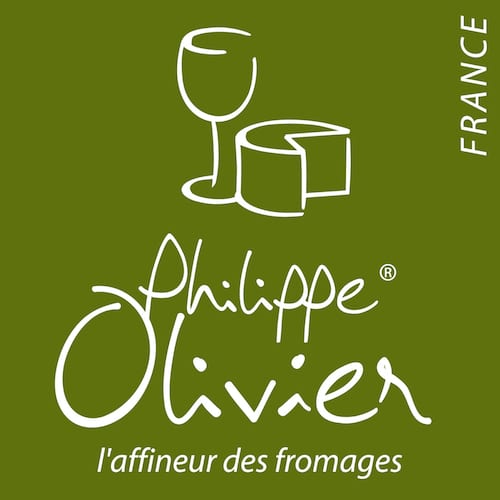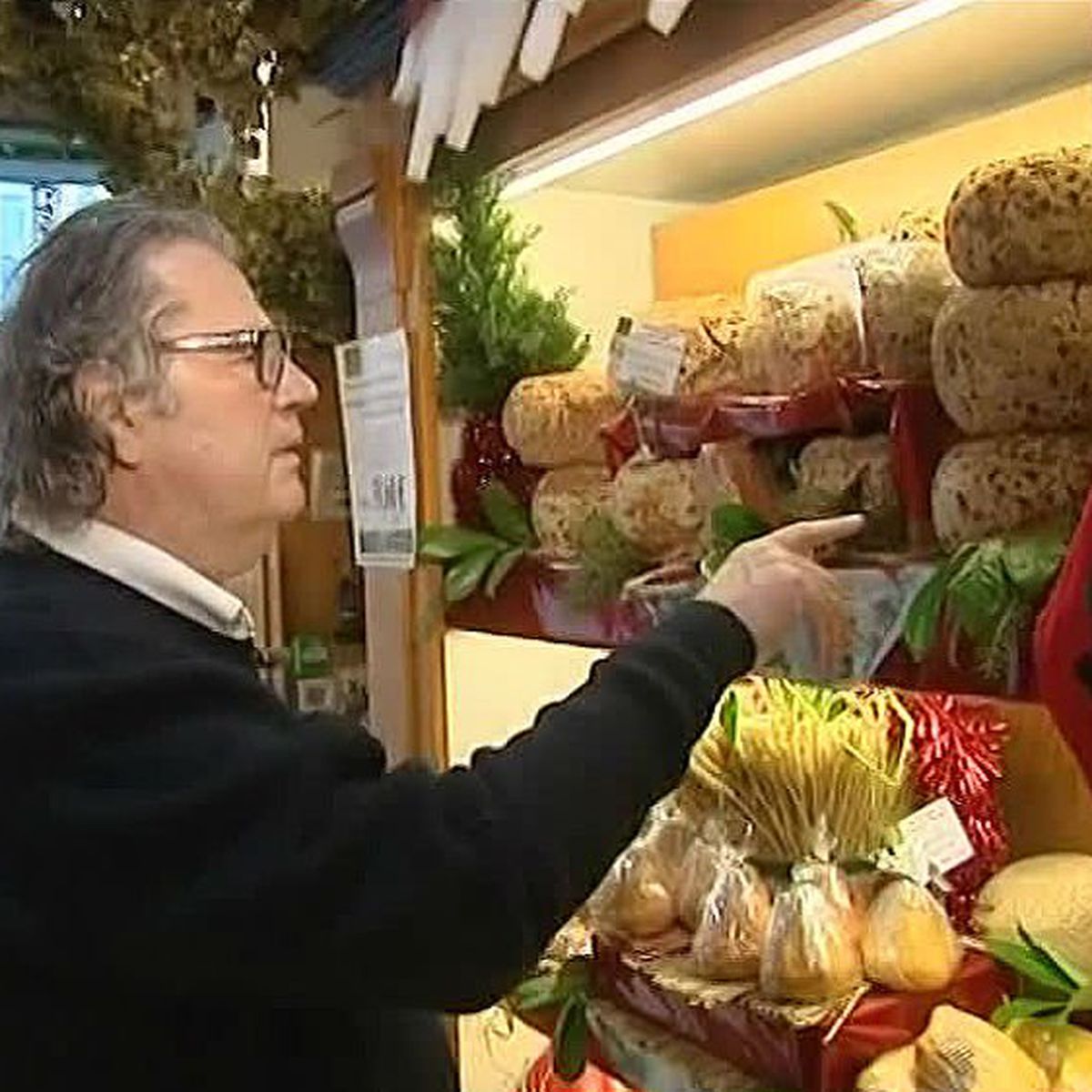The region is worth more than a cheese
30 years ago, the region accounted for 5% of France's cheese production. Today, this share has fallen to 1.5%. In his ripening cellars in Boulogne, Philippe Olivier can't understand why local people are losing interest in their cheeses, which are an integral part of their heritage. For over 20 years, he has been fighting to restore the prestige of northern cheeses. While everyone knows and appreciates maroilles, who has ever eaten Bergues, crayeux de roncq, vieux-gris de Lille, vieux-Boulogne, belval, rollot, saint-paulin or pas-de-l'ayau?
Yet today, people eat Maroilles in Marseille or Bergues in Toulon, Saudi Arabia or Japan. From his cellars on rue Thiers, the master cheesemaker, who is the exclusive supplier to Fauchon in Paris and Kafer in Munich, generates sales of 14 million francs, a third of which is exported ...
The North should not be ashamed of its cheeses! The ripeness of the cheese is brutal, in stark contrast to the curvaceous man. Coming from a Norman, grandson of a cheese-maker working in Rouen, home of Camembert, this declaration of war on bad taste and fast-food doesn't mince words. By closing their doors, some dairies (St-Paulin, Pas-en-Artois, Steenvoorde) have also condemned the production of many cheeses. "People in the North, out of modesty, never believed in their products, never saw that cheese was also a cultural symbol, that it could convey a positive image and that it created jobs, quite simply!"
When he set up shop in Boulogne 23 years ago, Philippe Olivier was a nuisance. Don't expect him to sell odorless, flavorless industrial cheese. But when he asks what happened to the soft cheeses he discovered in books, the red crusts that made him salivate when he was a student, people think he's a hobo! Today, however, he's getting his hands on a book devoted to the cheesemaking heritage north of Paris. Between Flanders and the Ardennes, Picardy and Thiérache, some forty varieties ripen quietly under stone vaults using ancestral methods ...
What are you doing in these cellars?
Today, cheeses that had virtually disappeared from the shelves have found a new clientele. New products are also emerging, such as "sans-nom", which has been made in Roncq by a farming couple for 7 generations. It used to be a cheese for farm workers, made from curdled milk. Recently, Michel and Thérèse-Marie Couvreur invested in their farm and now make "sans-nom" to market. The same goes for vieux-Boulogne, made in Wierre-Effroy, or losange de basse- Thiérache...
"These are just a few examples," explains Philippe Olivier. The farming world has undergone radical changes in recent years. But some farmers still believe in what they do. From time to time, Philippe Olivier meets with young farmers, draws up specifications with them and commits to selling 75% of their production.
America in the spotlight
Despite this idyllic panorama, sanitary constraints are a problem. And Philippe Olivier is not taking it lying down: "We've let ourselves be pressured by the Americans into adopting sanitary cheeses. It's absurd to think that what comes out of a cow's udder is more dangerous than pasteurized cheese! All right, we had to clean up our act a bit, but I now think that our cheeses, AOC or otherwise, are perfectly controlled and there's no danger whatsoever...".
Even Europeans are changing their attitude. The Scandinavians and the English are once again making raw-milk cheeses. "The problem is that we were so sure of our good fortune that we didn't see the danger coming. Today, we have to fight to defend this heritage of ours." These words have found favor with the general public: consumption of pasteurized cheeses is declining, while AOC cheeses are gaining in popularity year after year. In 1900, a French person consumed 3kg of cheese; in 1950, 8kg; today, 27kg of cheese per person per year.
A member of the "cercle des affineurs", Philippe Olivier likes to surprise his colleagues by pairing cheese with beer: "Our wine is my beer! And in true Norman style, he enjoys his Camembert with a glass of corked cider. Wild!
Directed by La Voix du Nord
Discover another article


